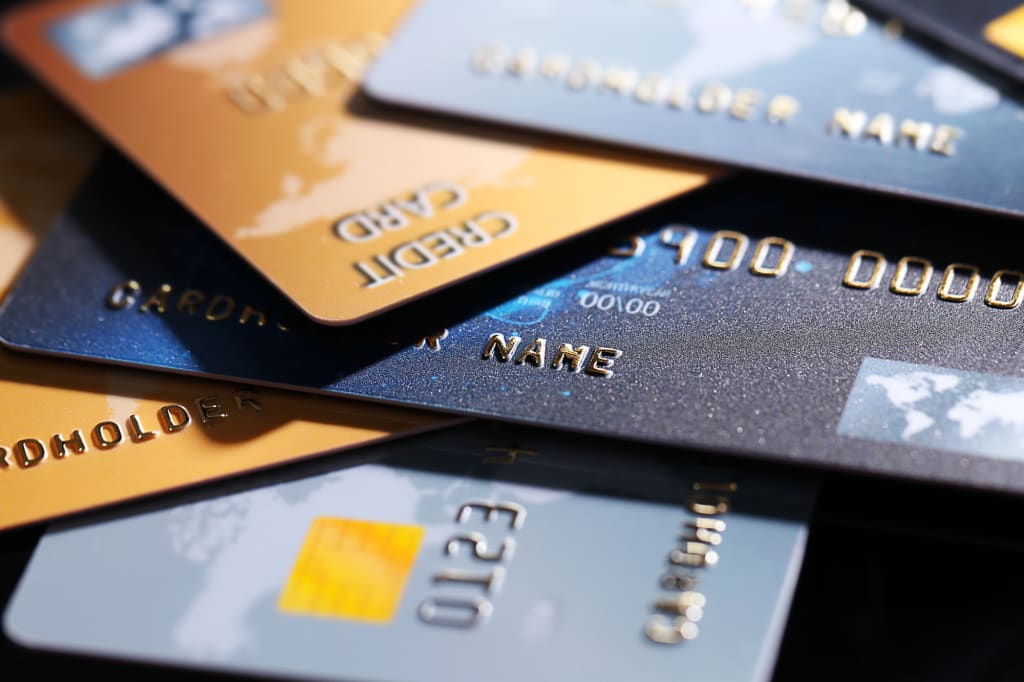
You can have such a huge amount of debt that you think you cannot pay it. If you stop paying a creditor entirely, you risk being sued, even if the debt shows up as written off on your credit report. Creditors typically file lawsuits in hopes of obtaining a court judgment against you, to force payment of the debt owed through garnishment of wages, property, and other aggressive means. Even though the odds may seem to be against you, there are some valid solutions you can use to reverse the situation and win the lawsuit.
Request validation of the plaintiff creditor's debt. This means that the creditor must submit a written and signed statement verifying the debt by mail. It also means that as long as you don't receive validation, collection efforts should stop. It can freeze a lawsuit temporarily.
Get in direct contact with the creditor who has sued against you and try to negotiate a way to pay off the debt. Make an effort to convince the creditors to desist from their claim and allow you to pay only part of the debt, explaining that your current financial situation makes it is difficult or impossible to fulfill the entire debt. Your creditor may be receptive, as they probably prefer you to pay them something over nothing. Always send certified emails so that you have legal documentation to prove your negotiation efforts.
Find out if the statute of limitations has gone through a particular creditor to file a lawsuit against you. This refers to the amount of time a creditor has to file a lawsuit for non-payment of a debt after the last documented payment. The timeframe depends on the state you reside in. If the timeframe has expired, you can request that the court dismiss the claim.
Pay your creditor in full, if you can. This way you will stop any lawsuit and avoid any lawsuit against you. This is only applicable if you are financially able to pay what you owe.
CREDITS
1. Can You Get Jailed For A Civil Lawsuit Over Credit Card Debt?
We're sure you've ever wondered if you can get thrown in jail for a civil lawsuit over credit card debt. This question has been asked by anyone who has contracts with banks and who for some reason has a financial streak and has not been able to pay their obligations on time.
The good news is that in most cases, no one goes to jail for debt. However, there are other implications that it is important for you to know so that you know, that things can happen when you have a credit card debt.
2. Can I Go to Jail for a Civil Lawsuit for Credit Card Debt?
You already know that you cannot go to jail for credit card debt, even if you were sued in a civil suit. However, it is vitally important that you know what you are dealing with.
3. What is a civil debt lawsuit?
This is a type of lawsuit that is filed in a court so that entities or natural persons make a delinquent debtor pay the responsibilities acquired, after the expiration of the debt.
In these cases, the plaintiff must file suit before a civil judge and request that the debtor is ordered to pay the outstanding debt. In this type of lawsuit, the document that proves the existence of the debt and the fixed terms must be attached. It is important to note that this demand must be made in the debtor's place of residence.
After analyzing the case, the judge will determine if the lawsuit is viable because it meets the requirements. He will then order the debtor to pay the debt within a set period or otherwise his assets will be seized.
4. What can I do if I can't pay a credit card debt and I have a civil lawsuit?
The first thing you should do is go to court and hold yourself accountable for your obligation. For no reason do not omit the citations or messages from the judge, because the results can be worse.
You should speak with the judge and your creditors and reach a payment agreement that allows you to cancel, taking into account your current purchasing power.
In most cases, this type of reconciliation occurs, if you show interest in complying with the payment of the responsibility that you have.
In the worst-case scenario, which would be the fact that you are bankrupt and have no seizable assets, the judge will not send you to jail for your credit card debt anyway.






Comments
There are no comments for this story
Be the first to respond and start the conversation.